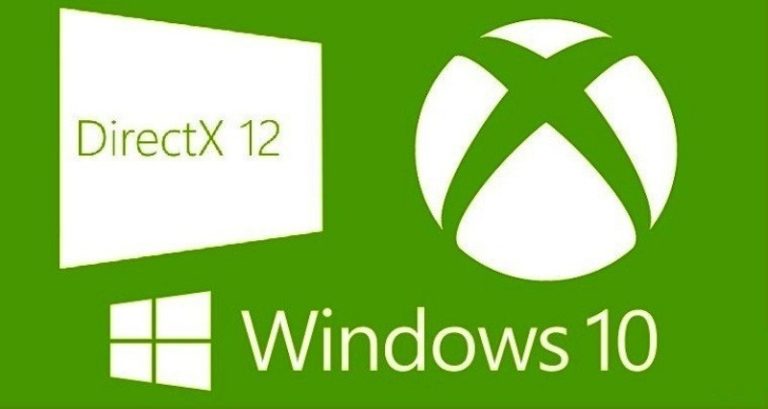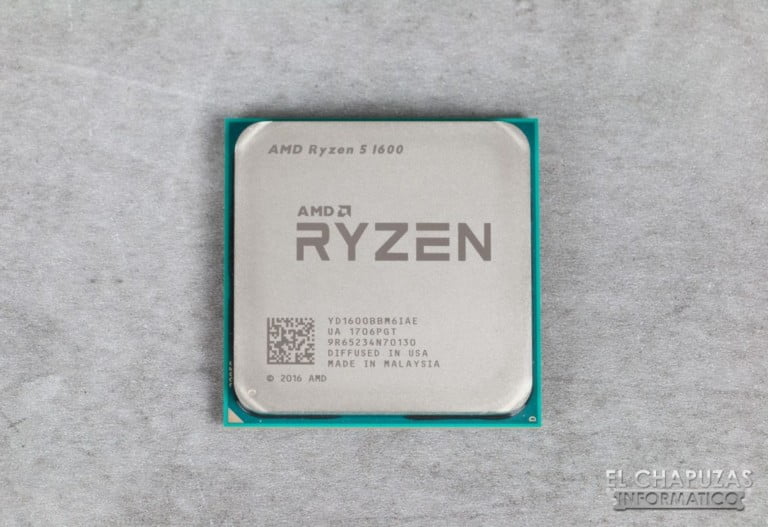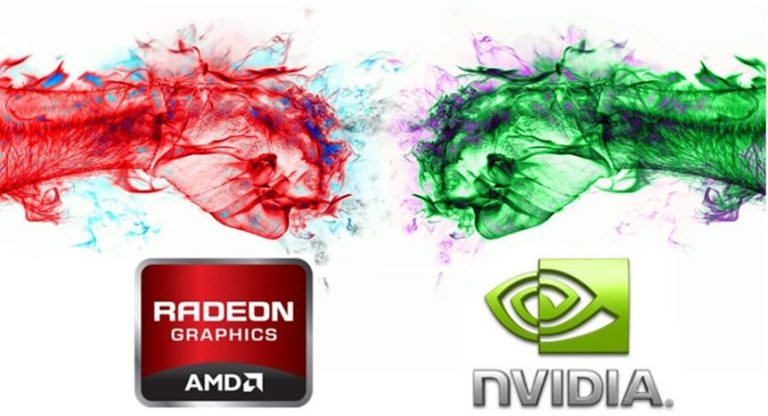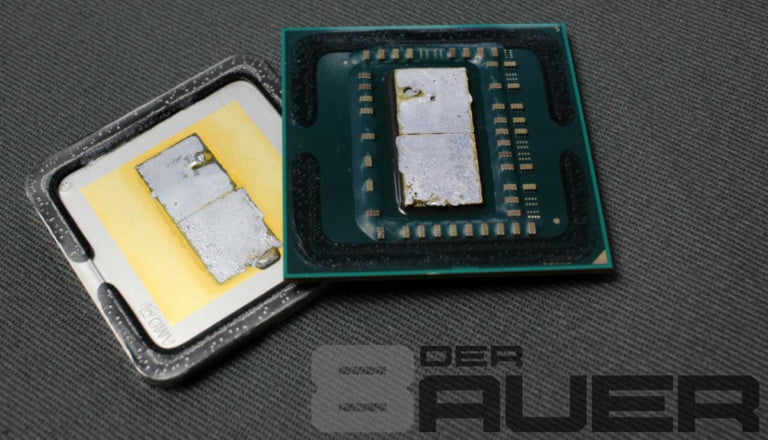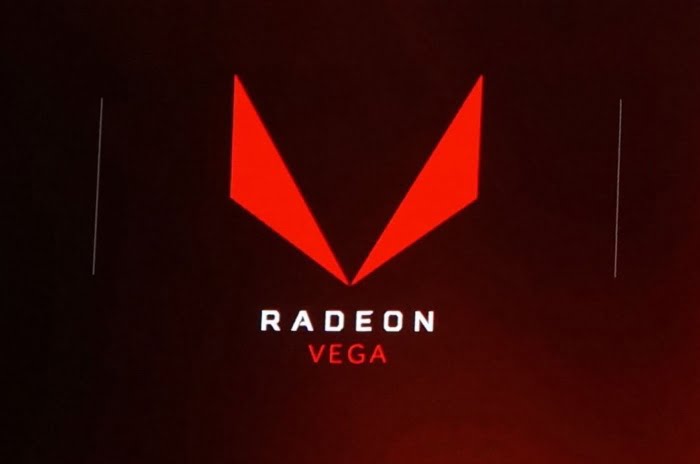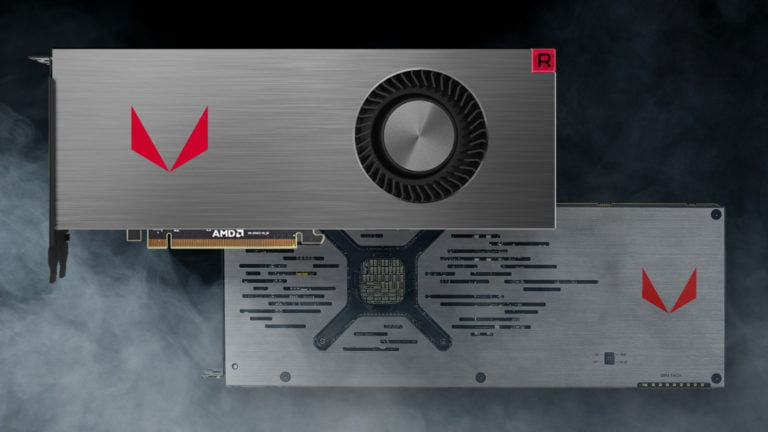AMD 7nm Zen 2 Matisse CPUs could hit 5.0GHz, says GloFo
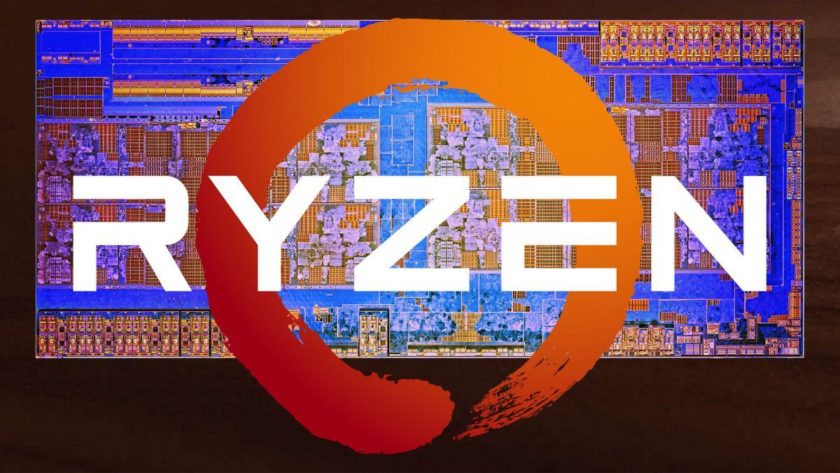
GlobalFoundries’ Gary Patton recently talked extensively about their next generation 7nm process node. The advantages compared to 14nm are significant: the die size could be more than halved, with clock speeds getting up in the 5GHz range. This could be interesting for AMD Zen 2 Matisse CPUs, presumably branded as the Ryzen 3000 series, next year.
GlobalFoundries’ 7nm node to Offer 40% Performance Boost, 5.0GHz Clock Speeds A Possibility for Zen 2 CPUs
AMD is expected to launch their Ryzen “Pinnacle Ridge” 2000 series CPUs next month. The new chips will use the improved 12nm LP process that will offer lower power with higher frequencies. The second-gen Ryzen family won’t feature considerable architectural changes, though, until the Zen 2 in 2019.
The Zen 2 based CPUs, codenamed Matisse, will be built on the 7nm process. AMD has already stated that it will split the 7nm production between TSMC and GlobalFoundries, but the latter will probably be the one that will provide for their Zen 2 Matisse chips.
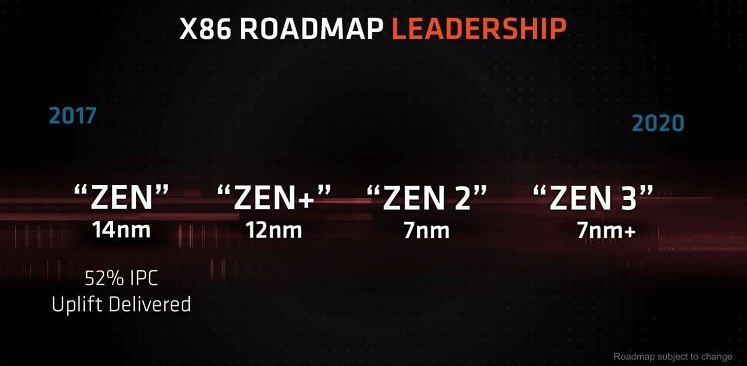
Now, more details on GlobalFoundries’s 7nm node have come our way via their Chief Technical Officer, Gary Patton. In an interview with AnandTech, Patton said they have made significant progress in the first 7nm process technology ever since the foundry was acquired by IBM in 2015.
One would naturally assume 7nm node to halve the required chip area compared to 14nm. However, with better wiring, Patton says, the die size should actually be reduced by a factor of 2.7. Theoretically, a Zeppelin-die at 7nm will only be 80 mm² large instead of 213.
This should allow for a performance boost of up to 40% over the previous generation. In terms of clock speeds, Patton believes that 5GHz could finally be a reality on consumers chips, and that CPUs must be designed with such speeds to tap into the theoretical process possibilities.
Speaking of clock speeds, we’ve already seen an AMD Ryzen 7 2000 series CPU with 4.35GHz boost clock. The leak also includes benchmarks showing the new chip surpassing Intel’s Core i7-8700K Coffee Lake processor. Is AMD on track to take Intel’s gaming crown?

